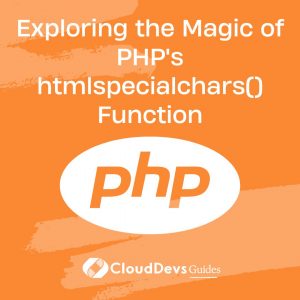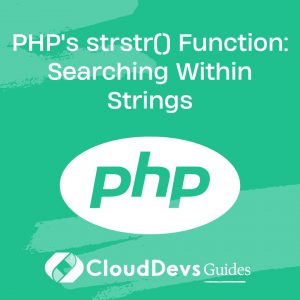PHP Q & A
What is object-oriented programming (OOP)?
Object-oriented programming (OOP) is a programming paradigm used in PHP and many other programming languages to model real-world entities and organize code into reusable and structured components. In PHP, OOP involves creating classes and objects to encapsulate data (properties) and behaviors (methods) related to a particular entity or concept.
Key Concepts in OOP in PHP:
- Classes: Classes are blueprints or templates for creating objects. They define the structure and behavior of objects. In PHP, classes are declared using the `class` keyword.
- Objects: Objects are instances of classes. They represent specific instances of the data and behavior defined by a class. You can create multiple objects from a single class.
- Properties: Properties (also known as attributes or member variables) are variables that hold data specific to an object. They define the characteristics of an object.
- Methods: Methods are functions defined within a class. They encapsulate the behavior of the class and can manipulate the class’s properties.
- Encapsulation: Encapsulation is the principle of bundling data (properties) and methods (functions) that operate on that data within a single unit (class). It hides the internal implementation details of a class from external code.
- Inheritance: Inheritance allows one class (subclass or child class) to inherit properties and methods from another class (superclass or parent class). It promotes code reuse and establishes an “is-a” relationship between classes.
- Polymorphism: Polymorphism enables objects of different classes to be treated as objects of a common parent class. It allows for flexibility and dynamic behavior based on the specific object type.
Example:
```php
class Animal {
public $name;
public function speak() {
return "Animal speaks";
}
}
class Dog extends Animal {
public function speak() {
return "Woof!";
}
}
$dog = new Dog();
$dog->name = "Buddy";
echo $dog->speak(); // Outputs: "Woof!"
```
In PHP, OOP enhances code organization, promotes reusability, and facilitates the modeling of complex systems by representing real-world entities as objects. It’s a fundamental concept for building maintainable and scalable applications.

Previously at


Argentina

GMT-3
Full Stack Engineer with extensive experience in PHP development. Over 11 years of experience working with PHP, creating innovative solutions for various web applications and platforms.



